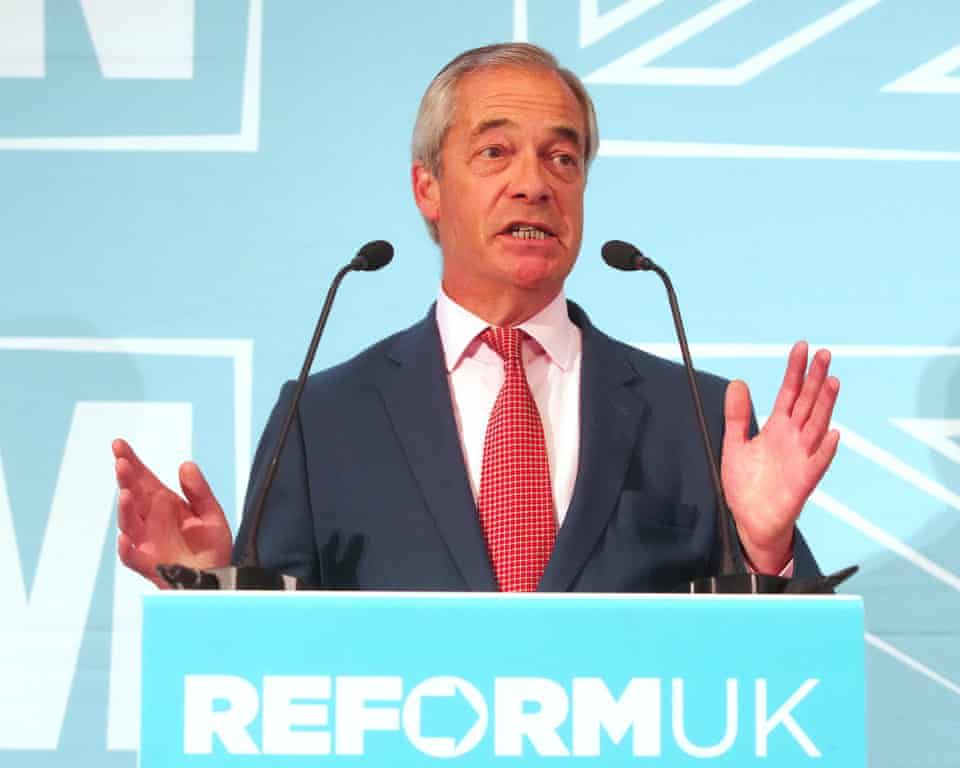A senior Reform UK figure has banned party councillors from speaking to a major local newspaper, drawing criticism from journalists and free speech advocates.
Mick Barton, the leader of Nottinghamshire County Council, has instructed all 41 Reform UK councillors not to engage with the Nottingham Post or its online platform, Nottinghamshire Live, unless in emergency circumstances. The restriction also applies to BBC-funded Local Democracy Reporters affiliated with the publication.
The directive comes after the Post reported internal disagreements within Reform’s local group over a proposal to expand Nottingham City Council to include neighbouring areas Gedling and Broxtowe , a decision not expected until September 2. The article cited anonymous sources claiming that two councillors were allegedly threatened with suspension if they opposed the expansion plan.
Barton’s media ban has been endorsed by Lee Anderson, one of Reform UK’s four Members of Parliament, whose Ashfield constituency falls within Nottinghamshire.
“There are some media outlets I will engage with, but not you lot,” Anderson told Nottinghamshire Live. “Read the room, we are going to win the next election.” He further referred to one critic of the move as “thick as two short planks,” while asserting, “We are in support of free speech. Nottinghamshire Live can print whatever they like.”
However, the move has sparked backlash from the journalistic community.
Editor of the Nottingham Post,Natalie Fahy described the ban as “a massive attack on local democracy.”
“I’ve been a journalist for 20 years. Councils come and go, and we’ve had our disagreements, but most elected officials understand that press scrutiny is part of public life, You don’t just shut up shop when you get negative coverage. What’s happening in Nottinghamshire could be a glimpse of what’s to come if Reform gains national power.”
Fahy denied accusations of political bias, stating, “We’re not anti-Reform we’re just trying to find out what’s going on.”
The incident raises broader questions about Reform UK’s stance on press freedom. At a national level, the party has positioned itself as a staunch defender of free speech. Party leader Nigel Farage has frequently warned that civil liberties are under threat, accusing Prime Minister Keir Starmer of eroding free expression.
In August, Farage claimed Starmer posed “the biggest threat to free speech in our history,” citing the arrest of protesters and controversial prosecutions in the aftermath of the Southport riots.
One such case involved Lucy Connolly, a former childminder sentenced to 31 months in prison after posting inflammatory comments on social media that called for violence and mass deportations. She pleaded guilty to inciting racial hatred.
Despite its rhetoric in support of free speech, Reform’s handling of local media in Nottinghamshire has led to growing concerns about how the party might govern if it gains broader power.



